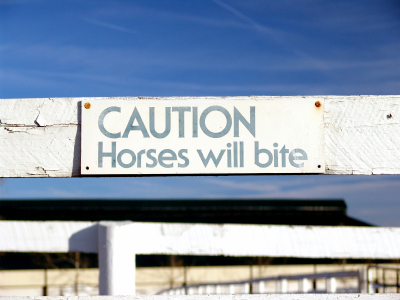by Steve Laube
Today Barbour Publishing announced they have sold their Heartsong Presents line of inspirational romances to Harlequin.
For those of us who have been wondering about the eventual buyer, this comes as no surprise. We have known they were being sold since last Fall. In December I spoke with Barbour’s president, Tim Martins, and he confirmed that the sale was in its last stages of negotiation but he could not say who the buyer would be. With their Love Inspired lines of Christian romance, suspense, and historical titles and a strong member subscription base Harlequin is well suited to sustain(?) or absorb(?) the Heartsong line for years to come.
Our agency has nearly thirty authors who are writing or have written for Heartsong in the past. We also have over twenty authors who are writing or have written for Harlequin’s Love Inspired. So, for our clients this is a pretty big deal.
There are some questions raised that have answers, and some that don’t.
1) Barbour filled the pipeline for 2012 with 52 new titles. Their Editorial staff has been contracted to manage, edit, and typeset those properties during the transition to Harlequin. So for the first half of the year, nothing will change. By then we should know what the new acquisition strategy looks like.
2) We have no answers about the future and how these two lines will merge or evolve. And it is useless to speculate. Joan Marlow Golan who is the head of the Love Inspired team is a very sharp and excellent about communicating changes to us agents. Do not write or ask your Barbour editor on Twitter or Facebook or email to ask questions. They are now a contractor for Harlequin and it wouldn’t be fair to them to ask for “insider information” that they cannot or should not share. Instead this is where you rely on your agent for information.
3) Harlequin’s three Love Inspired lines currently releases 14 new titles per month. (Six romance, four suspense, and four historical.) Heartsong, as noted above does four to five per month (52 per year), or one third the output of Harlequin. Adding the two together, with no changes would mean an increase from 168 titles to 220 per year. We would hope that will be the case, but it may not.
4) Existing contracts will be honored as written. I’ve seen numerous publisher sales before and the past contracts remain in force in every case.
(Update 1/27/2012 at 6:30pm EST)
5) Since Heartsong books were not in the retail market the general public will not see anything different. However, recently the backlist Heartsong titles were targeted to be converted to e-b00ks (about 980 of them). Those will roll out in 2012 and would make a ready addition to the strong ebook sales that Harlequin already enjoys. And those e-books will probably be priced at $4.99 each.
6) As for the 3-in-1 or 4-in-1 collections that combined Heartsong books into one volume, we do not know exactly what will happen with that program. These are not the same as the novella collections already in place. I am talking about books like Kansas Home that combined three Heartsong books into one trade paper which was sold into the retail market.












